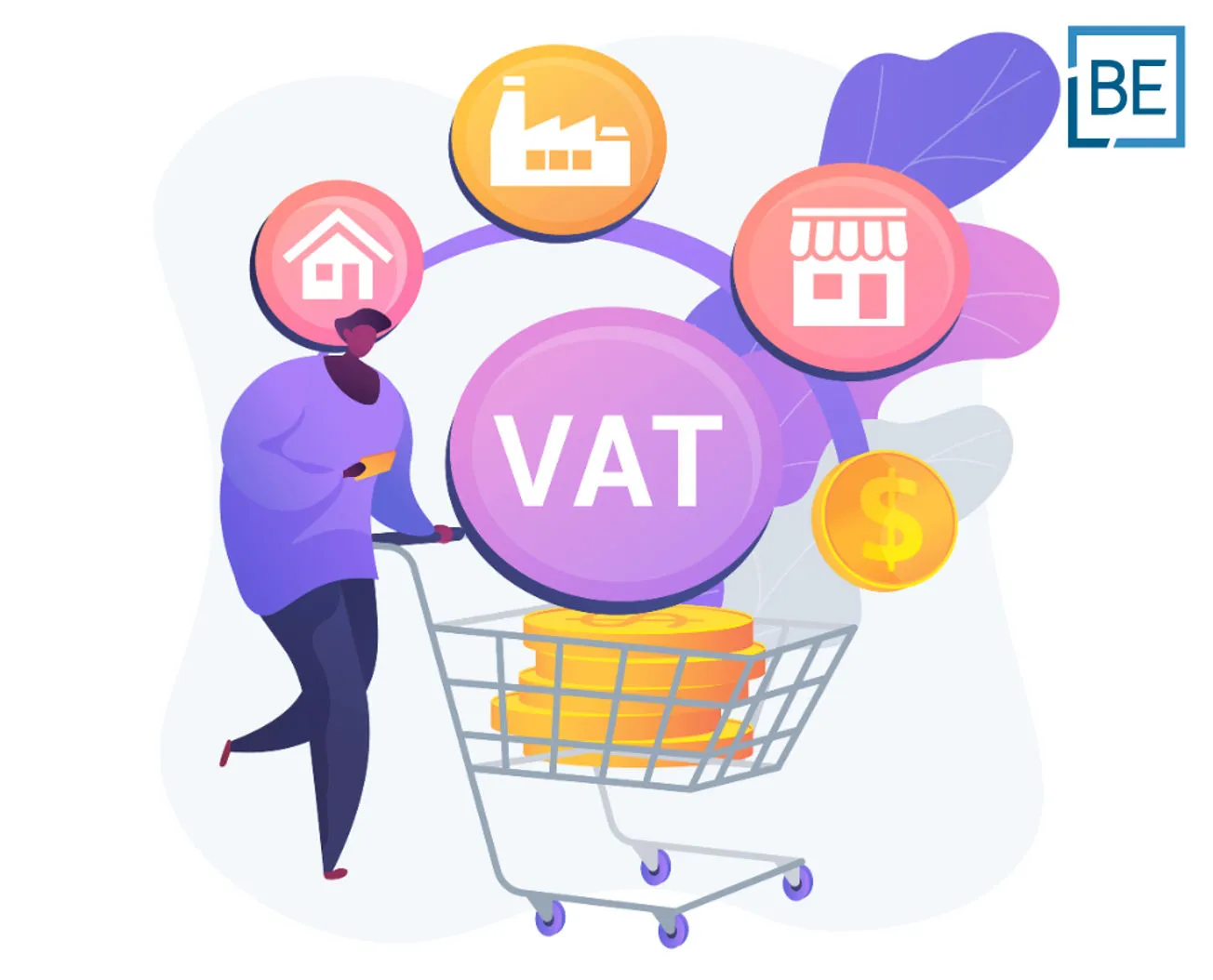Belaws Home ›› Thailand ›› Blog ›› New Thailand VAT Requirements for Low-Value Imports 2024
Legal
New Thailand VAT Requirements for Low-Value Imports 2024
10/09/2024
Thailand’s government introduced a new policy in May 2024 that will significantly impact the country’s international trade landscape. The Ministry of Finance and the Revenue Department have proposed a new tax scheme aimed at imposing a 7% Value-Added Tax (VAT) on all imported goods, including those valued at less than 1,500 Thai Baht (THB). The Government hopes to address the long-standing challenges faced by small and medium-sized domestic enterprises (SMEs) and promote a fairer business environment.
Key points
- Thailand is introducing a 7% Value-Added Tax (VAT) on all imported goods, including those valued under the threshold of 1,500 Thai Baht, to create a level playing field with domestic businesses.
- Previously, low-value imports were exempt from VAT in Thailand, giving an unfair advantage to foreign e-commerce sellers over Thai businesses who had to charge VAT rates of 7%.
- The new VAT aims to help revive Thai manufacturers, especially SMEs, who have faced steep competition from cheaper imports and shifted production offshore.
- By eliminating the tax advantage for imported goods, the policy could boost sales and growth for domestic producers as consumers may prefer locally-made products.
- Thailand is aligning with OECD principles by adopting the Vendor Collection Model where e-commerce platforms collect and remit VAT, streamlining tax compliance.
Why are Low-Value Imports Now Subject to VAT?
The main reason behind this proposed tax policy shift is to level the playing field between domestic businesses and foreign e-commerce platforms. Currently, domestic businesses in Thailand are required to charge value-added tax (VAT (7%)) on their goods and services if they are registered for VAT taxation in Thailand, while low-value imports i.e. those under the threshold of 1,500 THB are exempt from this tax.
Please note that not all companies are required to deduct VAT in Thailand. A company in Thailand must complete the VAT registration if they satisfy the following VAT Requirements:
- achieve a turnover threshold of 1.8 Million THB in a year and,
- hire foreign employees and/or,
- opt in to register anyway.
The disparity on the payment of VAT has given foreign sellers, particularly those operating on e-commerce services, an unfair advantage over Thai businesses. By eliminating the VAT exemption on these low-value imports, the Thai government aims to create a fairer competitive landscape for domestic businesses.
How does this New VAT Requirements affect Thai Businesses?
For local businesses in Thailand, the new VAT in Thailand policy holds significant implications. It creates a fairer market as cheaper international imports will also be subject to the same taxes as they are. Platforms like Shopee and Lazada often have large supply chains with sellers who can offer the same or similar products and goods for cheaper as they import products from countries like China without having to pay VAT. According to the Federation of Thai Industries (FTI), the import of Chinese goods has caused some local manufacturers, especially SMEs, to reduce production by as much as 50%. By levelling the playing field, the new tax policy is expected to help these domestic manufacturers regain their competitiveness and potentially reverse the offshoring of production to China.
The Government also hopes that the introduction of these regulations could potentially result in increased sales and growth for domestic enterprises. By eliminating the price advantage enjoyed by imported goods, consumers may be encouraged to purchase locally produced products, thereby boosting the competitiveness and profitability of Thai SMEs.
Aligning Thailand with International Tax Principles
The proposed Value Added Tax on low-value imports aligns with the principles of taxation compliance in relation to input VAT encouraged by the Organization for Economic Co-operation and Development (OECD). By adopting the Vendor Collection Model for input VAT, where online platforms are responsible for issuing invoices, collecting and remitting VAT in Thailand to the government, Thailand is embracing a streamlined and efficient approach to tax collection. The model also supports efficient tax collection and enables the deduction of input VAT where applicable, encouraging compliance and fairness in the Thai market.
How can Belaws help?
For more information about VAT in Thailand why not talk to one of our experts now?
Please note that this article is for information purposes only and does not constitute legal advice.
Our consultations last for a period of up to 1 hour and are conducted by expert Lawyers who are fluent in English, French and Thai.
Consultations can be hosted via WhatsApp or Video Conferencing software for your convenience. A consultation with one of our legal experts is undoubtedly the best way to get all the information you need and answer any questions you may have about your new business or project.
USD 150
Up to 1 hour
Online payment (Paypal or Credit card)
Legal consultation can be conducted in English, French or Thai
Legal consultations are handled by experienced lawyers from the relevant fields of practice
Frequently asked questions
What is the new VAT requirement in Thailand?
Thailand has introduced a 7% Value-Added Tax (VAT) on all imported goods, including those valued under 1,500 Thai Baht (THB), effective from May 2024. This change aims to create a fairer competitive environment for domestic businesses against foreign e-commerce sellers who previously enjoyed VAT exemptions on low-value imports.
Why was this VAT requirement implemented?
The primary goal of this VAT requirement is to level the playing field between domestic businesses and foreign e-commerce platforms. Previously, local businesses had to charge VAT on their goods, while low-value imports were exempt, giving foreign sellers an unfair advantage. The new VAT aims to support local small and medium-sized enterprises (SMEs) and stimulate the domestic economy
How will this affect Thai businesses?
The new VAT policy is expected to boost sales for local businesses by eliminating the price advantage of imported goods. It is anticipated that consumers will increasingly choose locally produced products, enhancing the competitiveness and profitability of Thai SMEs. The Federation of Thai Industries has indicated that many local manufacturers have significantly reduced production due to competition from cheaper imports, and this policy aims to reverse that trend.
What should I do immediately after receiving my BOI acceptance letter?
Thailand is adopting the Vendor Collection Model, where e-commerce platforms are responsible for collecting and remitting the VAT to the government. This approach streamlines tax compliance and ensures that foreign sellers comply with local tax regulations, promoting fairness in the market.
Are there any exemptions to the VAT requirement?
As of now, the VAT applies to all imported goods valued at 1 THB or more, including those previously exempted under the low-value import threshold. Therefore, there are no exemptions for low-value imports under the new tax scheme.
What are the expected outcomes of this VAT policy?
The Thai government expects that the new VAT policy will lead to increased revenue from taxes, stimulate local production, and enhance the competitiveness of domestic businesses. It also aims to reduce the trade deficit with China and combat smuggling by ensuring that all imports are subject to tax regulations.
Related articles
Subscribe today
Subscribe today
To our newsletter for all the latest legal news
in South East Asia, Belaws updates and
special promotions on our services.
To our newsletter today for all the latest legal news in South East Asia,
Belaws updates and special promotions on our services.







